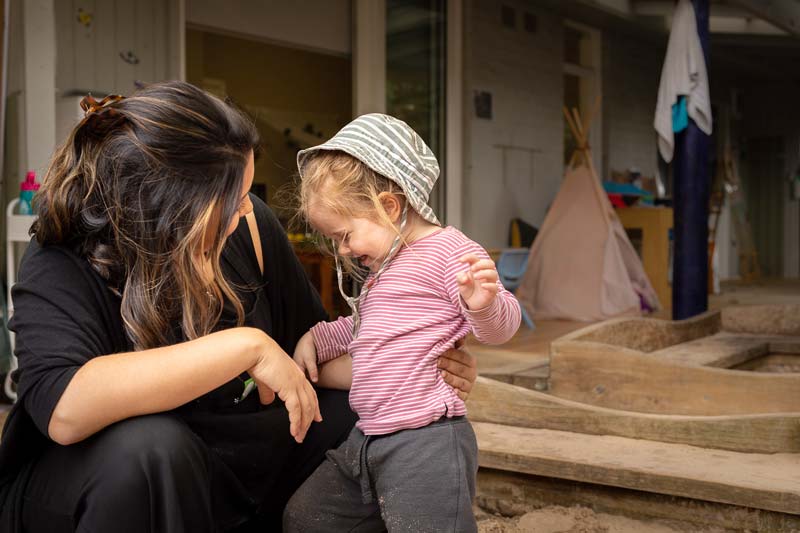Who had money on early childhood education and care (ECEC) creating the biggest pre-Budget buzz this year?
The substantial pressure building over the past week for the federal Budget to invest in the ECEC system is the result of more and more people coming to understand that improving early learning won’t just help one section of society, it will impact every Australian.
We’re used to these conversations at the Front Project because a key part of our work is showing ways to improve the ECEC system to benefit all society.
What we’re not used to is seeing the country’s leading industry bodies, like the Business Council of Australia and Chief Executive Women, publicly championing this as their central policy focus.
It is clear why this has been happening.
Investing in early learning is not just a winning policy for women and children. It is a winning policy for children’s futures, family stability, a strong workforce, business continuity, innovation and competition and healthy and safe communities.
Early learning professionals, researchers, parents and indeed anyone who intersects with the ECEC system have been aware of the evidence behind this for some time.
Politicians understand it too, and this especially showed last year when they did everything they could to keep what they termed a ‘vital’ and ‘valuable’ sector operating during a national crisis.
And now the conversation includes unified voices of leaders in business and industry.
However, an essential voice is missing.
Each morning, in millions of Australian households, mums, dads (and many grandparents and other carers) head out the door to some type of ECEC service.
Theirs is the key voice missing in this conversation – families who use, or choose not to use, the system, and experience its benefits and challenges first-hand.
What do these families think about ECEC services in Australia? What do they value? How do they make decisions? How do they feel during this process? What do they think about costs and access? How do they determine quality? Are their needs being met? Do they think the system needs to change? If so, how?
We asked Australian families these questions.
Their frank and generous responses will underpin our next report and should be of the utmost interest to anyone who is involved in the current conversation about early learning, including our political leaders.
For now, we can reveal that most Australian families view the current ECEC system as vitally important to their lives, but they think it can be better, and they need it to be better.
They want the system to provide more choice and more flexibility and make it easier for parents to get back into jobs.
For the vast majority of families, affordability is a barrier to getting back to work or taking on more hours, as well as to having more children.
One way to help these families and our economic comeback is by introducing changes to the childcare subsidy (CCS), so it’s good see the Morrison government announce some changes.
Increasing the maximum subsidy that families receive and removing the annual cap will see more children accessing reliable education and care, and more families with extra money in their pockets and time to invest in their careers and the economy.
Each investment that brings us closer to realising the full potential of our early learning system is a good one – not just for the families in our regions, cities and suburbs but, as the growing voices calling for change are reminding us, for everyone.

Jane Hunt is CEO of The Front Project, an independent national enterprise working to create positive change in Australia’s early childhood education system. Thefrontproject.org.au
This article was originally published on The Mandarin. Read the original article.
